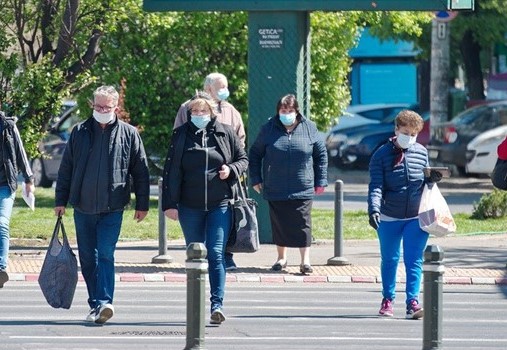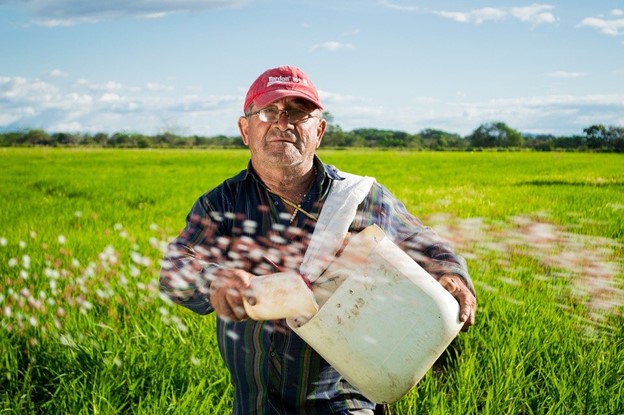Reflections on Resilience and Interconnection in 2020
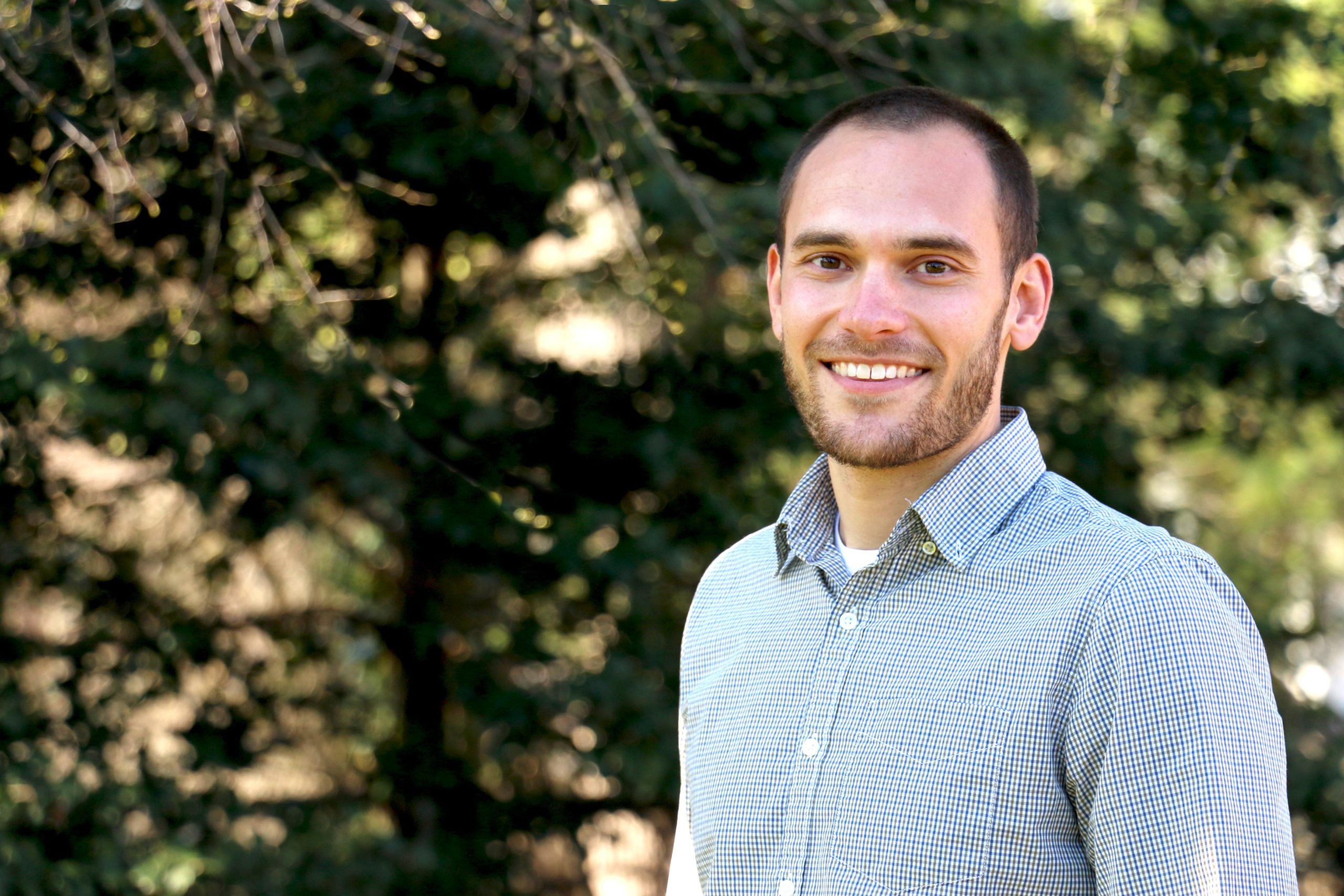 We end 2020 with a reflection on a year of hardship and hope. Anthony DeMauro, associate director of Dalai Lama Fellows at the Contemplative Sciences Center at the University of Virginia, shares his thoughts on the collective care vital to our resilience and interconnection during this holiday season–and far beyond it.
We end 2020 with a reflection on a year of hardship and hope. Anthony DeMauro, associate director of Dalai Lama Fellows at the Contemplative Sciences Center at the University of Virginia, shares his thoughts on the collective care vital to our resilience and interconnection during this holiday season–and far beyond it.
Lifetime Learning wishes you a safe and peaceful holiday season.
Reflections on Resilience and Interconnection in 2020
The approaching end of things often brings me into a contemplative space where I can look back and reflect on my experiences to see what lessons or wisdom I might draw from them. Certainly, the nearing end of 2020 offers me no shortage of topics for reflection, but here I would like to share just two themes that have been at the forefront of my thoughts on 2020: resilience and interconnection.
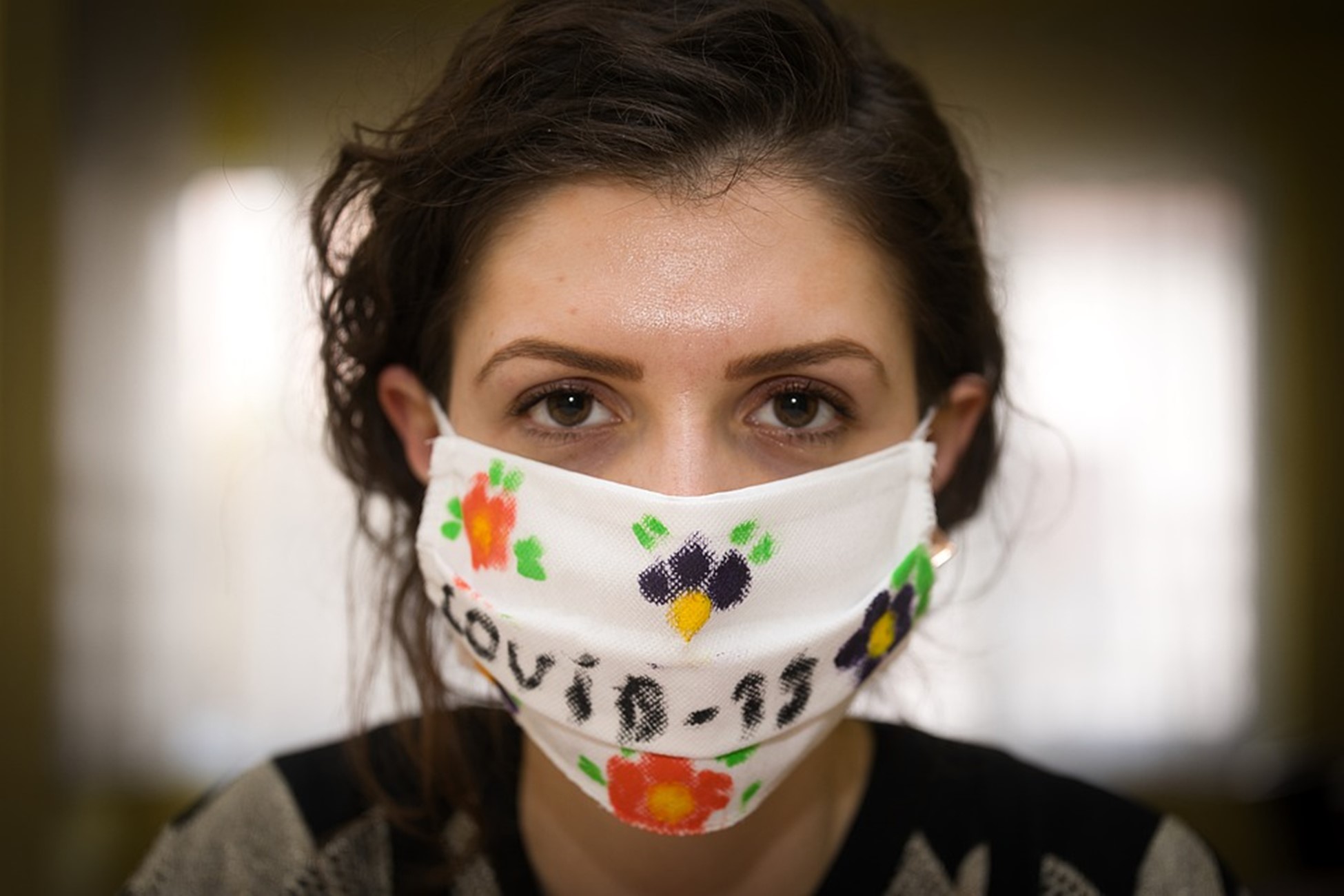 Of course, getting through a year like 2020 has required tremendous resilience from each of us, and I imagine we all could identify ways we have remained strong and persevered through various challenges. In the United States, we regularly celebrate such stories of toughness and grit, and we typically describe resilience as an individual’s ability to triumph over hardship. Certainly, these qualities can be important pieces of resilience, but the unique challenges of 2020 and the Covid-19 pandemic have required a fuller expression of resilience that involves more than just rugged individualism.
Of course, getting through a year like 2020 has required tremendous resilience from each of us, and I imagine we all could identify ways we have remained strong and persevered through various challenges. In the United States, we regularly celebrate such stories of toughness and grit, and we typically describe resilience as an individual’s ability to triumph over hardship. Certainly, these qualities can be important pieces of resilience, but the unique challenges of 2020 and the Covid-19 pandemic have required a fuller expression of resilience that involves more than just rugged individualism.
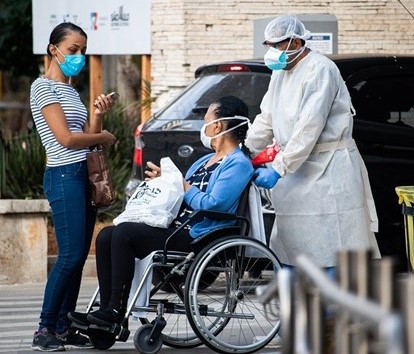 Trauma specialist and healer Resmaa Menakem1 describes how resilience is not solely an individual trait but a collective process of care. Resilience is expressed through the relational bonds of families, organizations, and communities providing support to its members. It involves protecting, nurturing, and taking responsibility for one another’s well-being. It manifests in humans showing up for one another again and again with an unwavering commitment to the preservation of life.
Trauma specialist and healer Resmaa Menakem1 describes how resilience is not solely an individual trait but a collective process of care. Resilience is expressed through the relational bonds of families, organizations, and communities providing support to its members. It involves protecting, nurturing, and taking responsibility for one another’s well-being. It manifests in humans showing up for one another again and again with an unwavering commitment to the preservation of life.
Getting through 2020 has no doubt required such collective care, and while we didn’t do it perfectly, we have an abundance of examples, both large and small, demonstrating our shared commitments to each other. We cultivated a greater consideration for how our choices impacted others, made countless adaptations and sacrifices to keep one another safe, and offered all sorts of material and non-material aid to our neighbors in need. We were also called to see and appreciate our fellow humans more deeply, particularly our essential workers and elderly populations who we might otherwise overlook.
The peculiar thing is that we were able to express this collective care during a time when we were forced apart from one another physically. Alas, the coming holiday season will be no different, and our typical routines and gatherings will likely be impacted by public health measures, possibly leading to feelings of loneliness and isolation.
In these instances, you can remedy such feelings of disconnection with a very simple contemplative practice offered by one of the great spiritual teachers of our time, Thich Nhat Hanh2. I recommend practicing it during any meal this holiday season as a way to reflect on and perhaps even feel a sense connection with other humans, living things, and the entire cosmos.
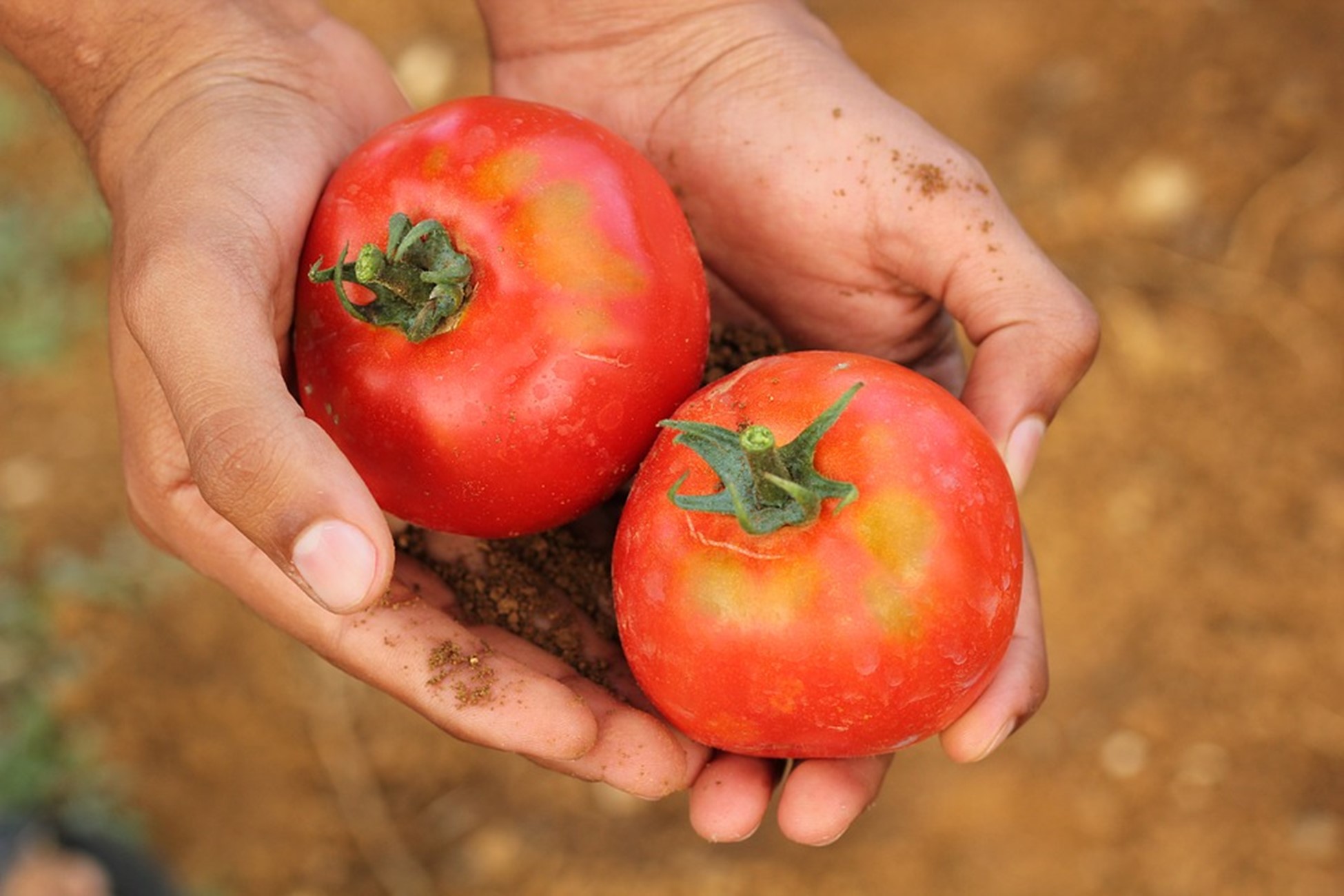 First, bring your attention to the food in front of you and imagine all the natural resources and conditions that came together to create the food: the seeds, the fertile soil, the sunshine, the rain, the changing seasons. Just by being present with your meal, you are connecting to all these facets of life.
First, bring your attention to the food in front of you and imagine all the natural resources and conditions that came together to create the food: the seeds, the fertile soil, the sunshine, the rain, the changing seasons. Just by being present with your meal, you are connecting to all these facets of life.
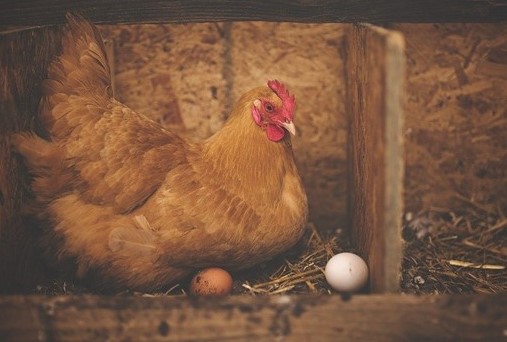 Perhaps you might also connect with the animals that offered their gifts or maybe even their lives for your nourishment. Take a moment to give thanks and feel a sense of connection to them.
Perhaps you might also connect with the animals that offered their gifts or maybe even their lives for your nourishment. Take a moment to give thanks and feel a sense of connection to them.
You can also consider your connection to all the human beings who were involved in bringing the meal to your plate: the persons who prepared the food, the farmers who grew and harvested the food, the transportation workers who delivered the food, and the grocery store workers who stocked and sold the food. See if you can appreciate the fullness of their offerings and the depth of your dependence on these other humans for your well-being.
Allow yourself to explore as widely as your mind will take you in feeling a sense of connection to all the elements of life wrapped up in your meal. There really are no bounds to the reality of our interconnectedness.
Through this practice, you may be reminded that you are not alone this holiday season. You are never alone. You are in touch with the entire cosmos every moment of every day through this vast web of interconnection.
…
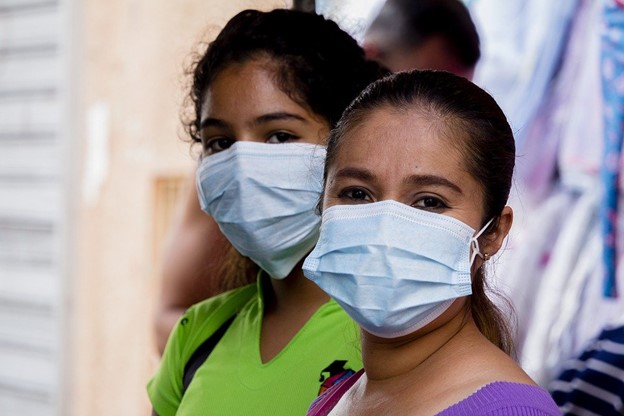 My reflections on 2020 have offered me the wisdom of collective resilience and interconnection, and I hope they may be useful for you, too. I also hope that as we move through the holiday season, the remainder of the pandemic, and far beyond into the future, we tell stories of our collective resilience, always remember and honor our interconnection, and never stop caring for one another.
My reflections on 2020 have offered me the wisdom of collective resilience and interconnection, and I hope they may be useful for you, too. I also hope that as we move through the holiday season, the remainder of the pandemic, and far beyond into the future, we tell stories of our collective resilience, always remember and honor our interconnection, and never stop caring for one another.
- Resmaa Menakem, My Grandmother’s Hands: Racialized Trauma and the Pathway to Mending Our Hearts and Bodies (Las Vegas: Central Recovery Press, 2017).
- Thich Nhat Hanh, “Eating Meditation,” Plum Village, accessed December 14, 2020, https://plumvillage.org/mindfulness-practice/#eating
- Musings on National Violin Day
- Making the Promise Real: How a UN Tax Convention Can Fulfill the UNDHR’s Vision
- Having a Drink With Your Donkey: The Absurd in Antiquity
- UVA Club of Atlanta: Virtual Pilates Class
- UVA Club of Fairfield/Westchester: Cavs Care - Food Pantry Donation Drive
- UVA Club of Washington DC: Tour of the U.S. Capitol
